The suspected poison attacks on Iranian girls
Anger with the Iranian government grows as arrests are made over alleged attacks
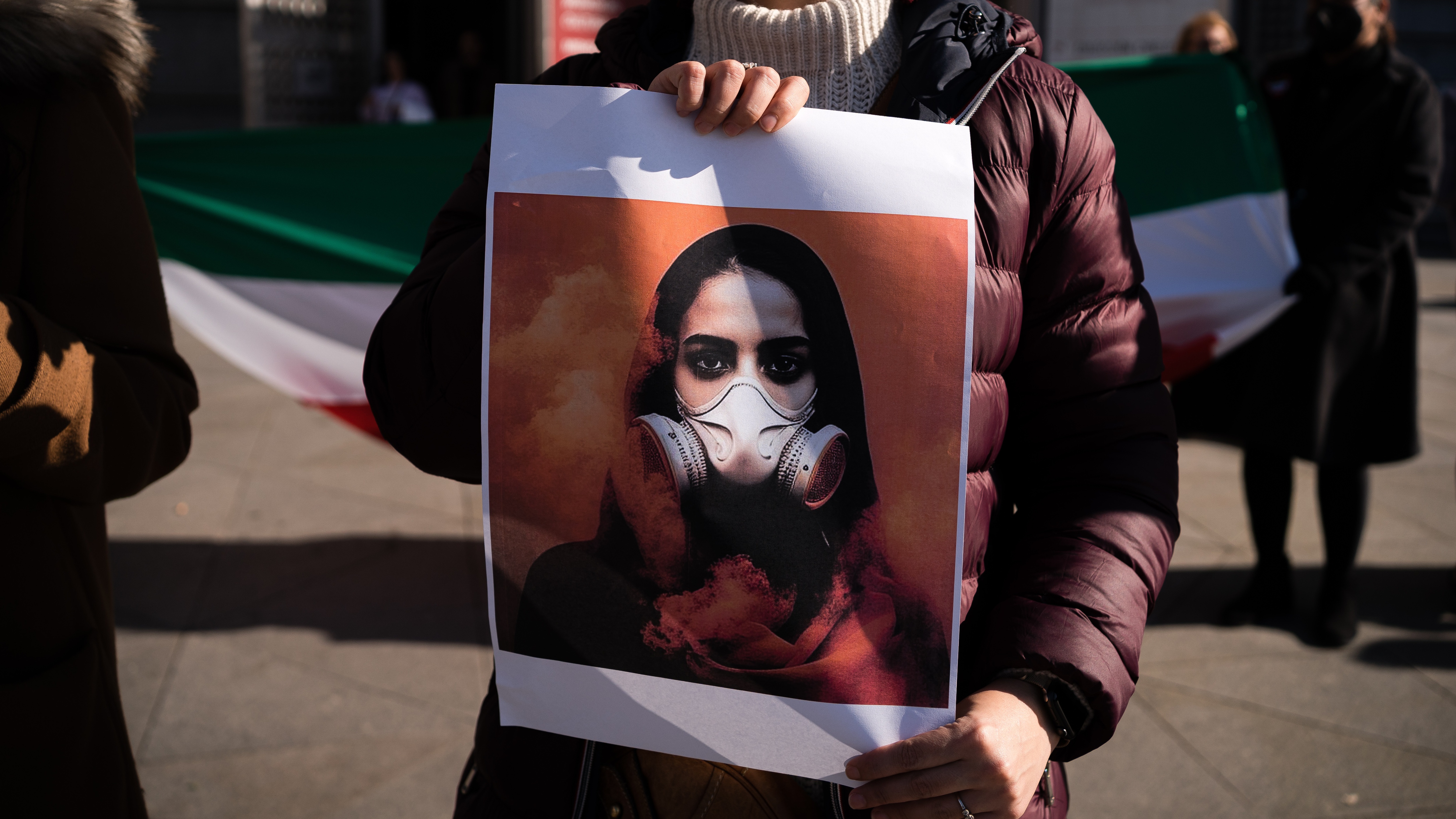
A free daily email with the biggest news stories of the day – and the best features from TheWeek.com
You are now subscribed
Your newsletter sign-up was successful
A spate of mysterious suspected poisonings affecting schoolgirls is gripping Iran, with Ali Khamenei, the country’s supreme leader, declaring them “unforgivable crimes” that would be punishable by death.
The suspected poisonings began in late November after the Masha Amini protests, which saw widespread anger at the suspicious death of the 22-year-old who had been arrested by the Iranian “morality police”. They have “affected more than 5,000 students at some 230 schools across 25 of the country's 31 provinces”, reported DW, adding that it is mainly affected schoolgirls. Others put the number affected at closer to 1,000.
Iran’s deputy interior minister, Majid Mirahmadi, told state media that several arrests had been made in six provinces in connection to the apparent poisonings and that intelligence agencies would be “conducting a full investigation”.
The Week
Escape your echo chamber. Get the facts behind the news, plus analysis from multiple perspectives.

Sign up for The Week's Free Newsletters
From our morning news briefing to a weekly Good News Newsletter, get the best of The Week delivered directly to your inbox.
From our morning news briefing to a weekly Good News Newsletter, get the best of The Week delivered directly to your inbox.
Why would schoolgirls be targeted?
Despite Khamenei’s condemnation on Monday, many activists “suspect the regime is itself directly or tacitly responsible, particularly in light of the violent crackdown on the largely women-led protests” last year, said the New York Magazine.
“Nobody believes that it is coincidence that it has followed the protests,” Deepa Parent, a human rights journalist, told The Guardian. Iranian activists believe it’s a form of “revenge”, she said.
The interior ministry, meanwhile, is claiming some of the arrested suspects had ties to “foreign-based dissident media” and that some had participated in the protests themselves.
“Some politicians have nevertheless suggested the poisonings may have been carried out by religious groups opposed to educating girls,” said DW.
A free daily email with the biggest news stories of the day – and the best features from TheWeek.com
Girls’ education is widely accepted in Iran, but Parent noted that there are “radical Islamists there who are against it”. It is “possible that extremists are taking advantage of the febrile political situation to act on their longstanding misogynistic view of women’s education”, said the Guardian.
What is causing the symptoms?
The “mysterious attacks” have left victims “with symptoms ranging from headaches, dizziness, nausea, fainting and even loss of control of their limbs”, said France 24. This has “sparked fear and desperation in parents and schoolchildren alike, with many parents keeping their children home from school”, added the site.
Suspicious samples have apparently been sent for analysis and the health ministry has said “some of the students were exposed to an irritant substance that is mainly inhaled”. However, Mirahmadi had previously said: “Over 99% of this is caused by stress, rumours and psychological war, started particularly by hostile TV channels, to create a troubled and stressful situation for students and their parents.”
Outside Iran, chemical-weapons experts said “the symptoms certainly could be the result of exposure to chemical or biological agents, but most have emphasised that there isn’t enough information to conclude what those agents could have been”, reported New York Magazine. “Some have also noted that the symptoms could have a sociogenic origin – caused by stress rather than poison or some other irritant or biological factor.”
What’s the response internationally?
The UN has called for a transparent investigation, and countries including Germany and the US have voiced concern, said Sky News.
Khamenei’s latest response seems “contradictory”, added The Guardian, as journalists have been detained for opposing the previous view of the Iranian government that the poisonings were a “psychological event”.
What next?
Widespread protests have begun in the country, according to Iran International. Outside the ministry of education, protestors asked for more security for girls’ schools, but they were met with tear gas from “regime agents”.
In a protest at the religious city of Mashhad, people called for the resignation of government officials for their handling of the poisonings and the Coordinating Council of Iranian Teachers' Trade Association gathered on Tuesday to stand in “solidarity with the girls”, said the site.
-
 The week’s best photos
The week’s best photosIn Pictures An explosive meal, a carnival of joy, and more
-
 The ‘ravenous’ demand for Cornish minerals
The ‘ravenous’ demand for Cornish mineralsUnder the Radar Growing need for critical minerals to power tech has intensified ‘appetite’ for lithium, which could be a ‘huge boon’ for local economy
-
 Why are election experts taking Trump’s midterm threats seriously?
Why are election experts taking Trump’s midterm threats seriously?IN THE SPOTLIGHT As the president muses about polling place deployments and a centralized electoral system aimed at one-party control, lawmakers are taking this administration at its word
-
 Witkoff and Kushner tackle Ukraine, Iran in Geneva
Witkoff and Kushner tackle Ukraine, Iran in GenevaSpeed Read Steve Witkoff and Jared Kushner held negotiations aimed at securing a nuclear deal with Iran and an end to Russia’s war in Ukraine
-
 ‘The mark’s significance is psychological, if that’
‘The mark’s significance is psychological, if that’Instant Opinion Opinion, comment and editorials of the day
-
 ‘My donation felt like a rejection of the day’s politics’
‘My donation felt like a rejection of the day’s politics’Instant Opinion Opinion, comment and editorials of the day
-
 How Iran protest death tolls have been politicised
How Iran protest death tolls have been politicisedIn the Spotlight Regime blames killing of ‘several thousand’ people on foreign actors and uses videos of bodies as ‘psychological warfare’ to scare protesters
-
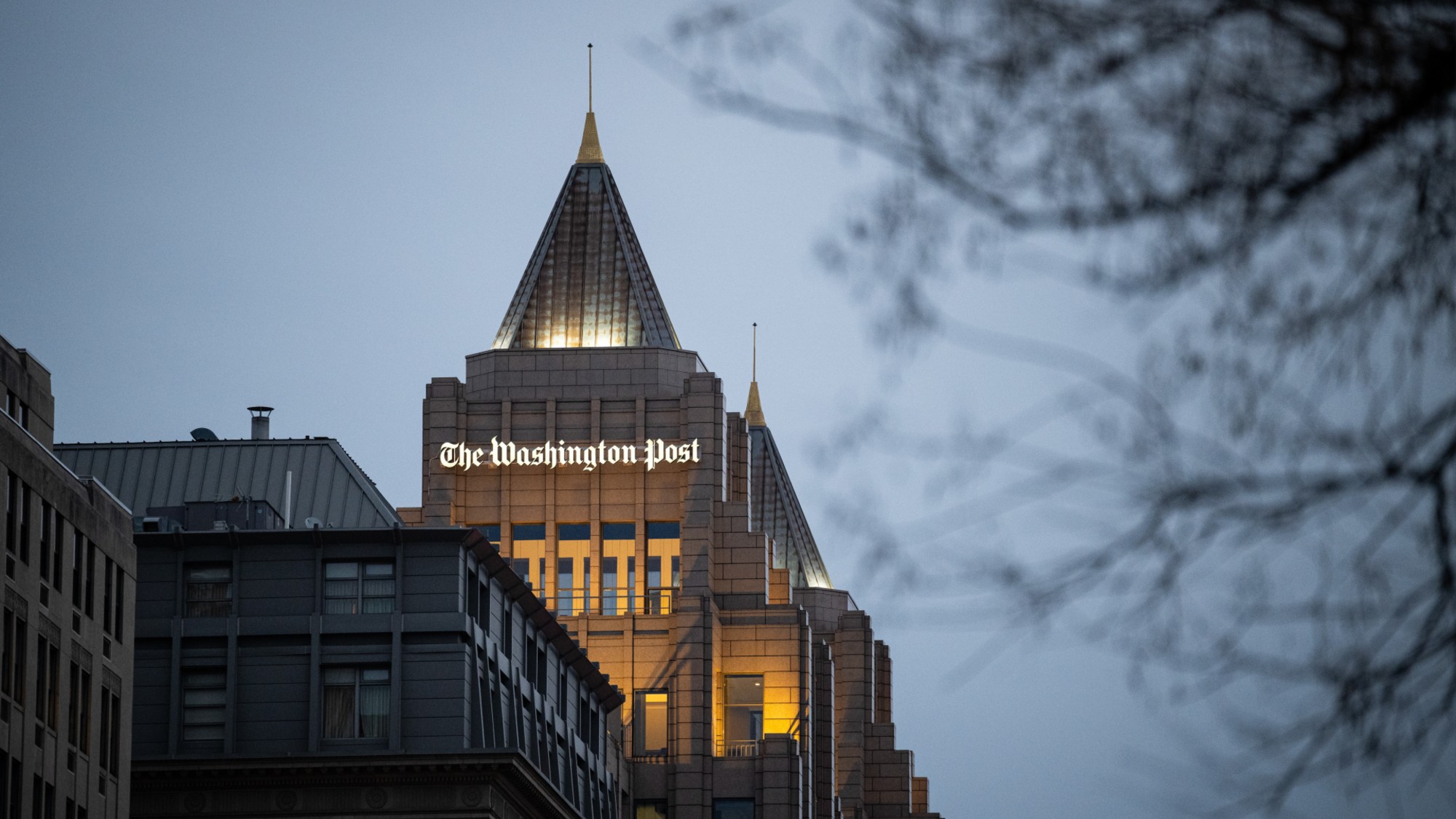 ‘It may portend something more ominous’
‘It may portend something more ominous’Instant Opinion Opinion, comment and editorials of the day
-
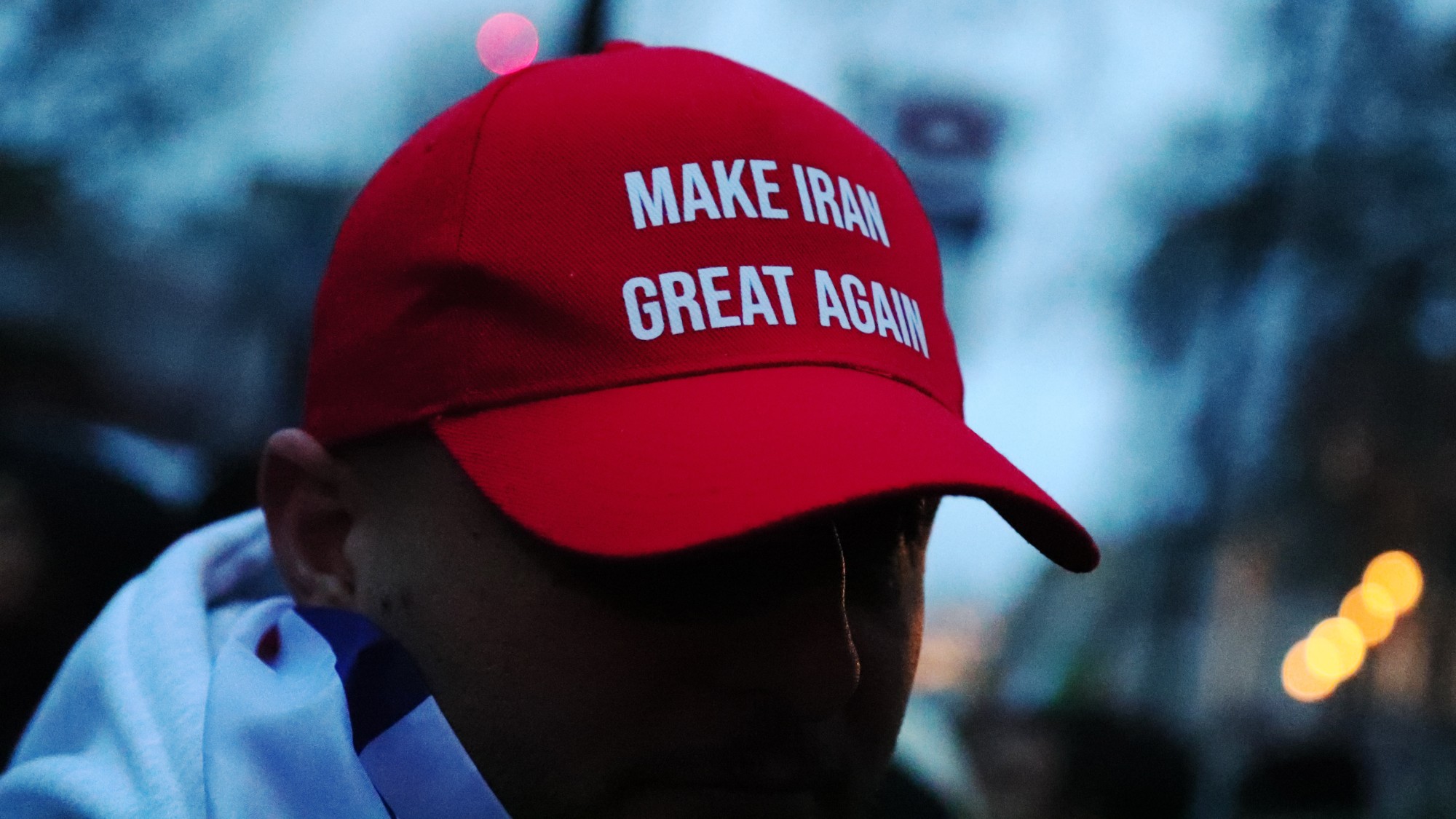 What are Donald Trump’s options in Iran?
What are Donald Trump’s options in Iran?Today's Big Question Military strikes? Regime overthrow? Cyberattacks? Sanctions? How can the US help Iranian protesters?
-
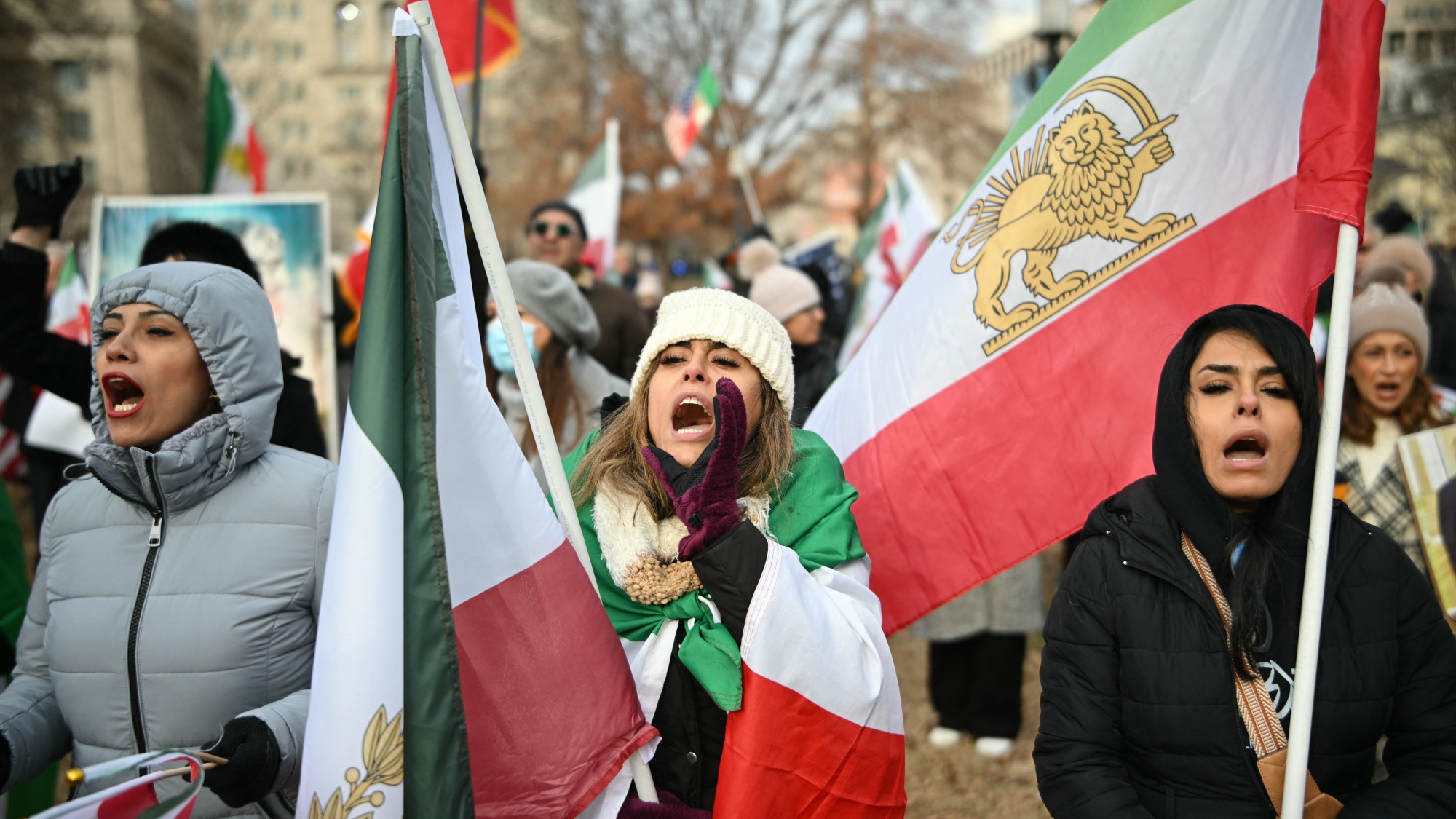 Unrest in Iran: how the latest protests spread like wildfire
Unrest in Iran: how the latest protests spread like wildfireIn the Spotlight Deep-rooted discontent at the country’s ‘entire regime’ and economic concerns have sparked widespread protest far beyond Tehran
-
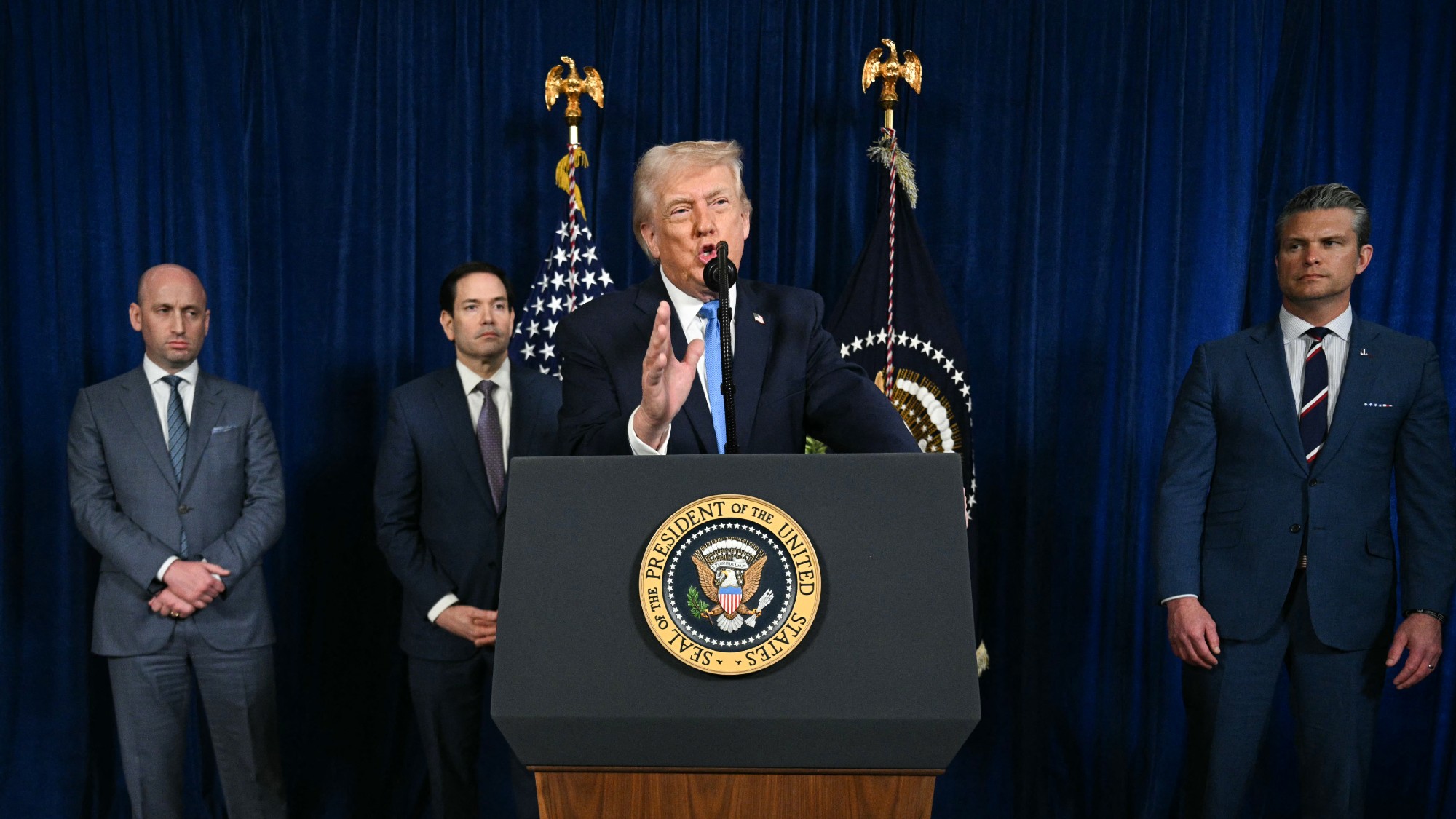 What is the Donroe Doctrine?
What is the Donroe Doctrine?The Explainer Donald Trump has taken a 19th century US foreign policy and turbocharged it